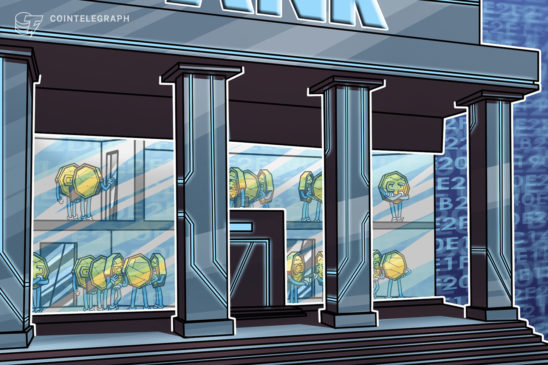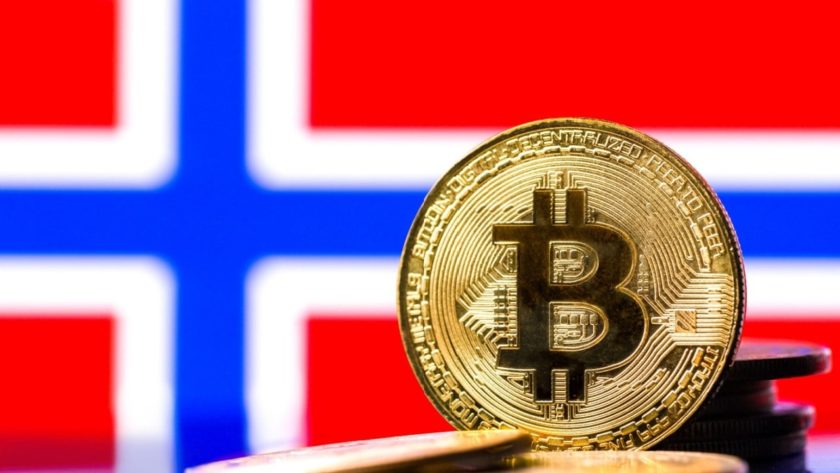Crypto.com, a conglomerate dealing primarily with payments and the exchange of crypto assets, announced its foray into decentralized finance with a platform named DeFi Swap.
According to its whitepaper, published on Friday, DeFi Swap is a fork of the popular Uniswap decentralized exchange.
The differences, beyond slight aesthetic changes, appear to consist in the choice of tokens, additional geographic restrictions, and notably a yield farming incentive based on CRO, the token of the Crypto.com Chain.
Users who stake the CRO token with the exchange will be entitled to a reward of additional tokens, allocated daily. Higher staking amounts will entitle holders to higher yields, based on a multiplier that increases after each year of staking.
The minimum amount eligible for the boost is 1,000 CRO, worth about $160 as of press time.
The token rewards accrued are subject to a vesting period of 30 or 90 days, depending on whether the staked amount is higher or lower than 100,000 CRO ($16,000).
The system is not unlike some of the more common yield farming schemes existing today, though with a crucial caveat of vesting. This could help avoid some of the excesses of previous schemes, where funds move quickly from one coin to the next in the span of a few weeks. Crypto.com’s calculator suggests that annualized yields could be higher than 1,000% for staking approximately 500,000 CRO ($80,000) for two years. The rates will likely be subject to change though, and it remains to be seen if they can remain that high throughout the period.
CEO of Crypto.com Kris Marszalek told Cointelegraph that the company is “building an entire ecosystem and DeFi products are an important part of our roadmap.” He teased that a DeFi wallet is being developed as well.
The company would thus follow Binance’s suit of a centralized provider launching DeFi-inspired products. Unlike Binance push for its own blockchain, Crypto.com’s strategy appears to be Ethereum-focused so far. Its DeFi Swap product bears some similarities with SushiSwap, another Uniswap fork that sought to attract users through an incentive scheme.
But there are certain aspects of the exchange that make it less decentralized than its competitors. Notably, the platform is IP-restricted from jurisdictions such as the United States, the People’s Republic of China and a variety of other states often found in sanction lists.
When answering why, Marszalek said that “compliance, privacy and security are the foundation of everything we do and it determines key product development decisions.”
But it’s worth noting that as a Uniswap fork, DeFi Swap can be accessed by calling its contracts with alternative means, which cannot be stopped by anyone.
An additional limitation is the choice of assets, which are seemingly on the discretion of Crypto.com, while Uniswap is notorious for its completely permissionless token pool creation.
DeFi has grown to the point that centralized platforms are seeking to integrate it within their own product lines. But like the portmanteau of “CeDeFi,” adopted by Binance CEO Changpeng Zhao and meaning “Centralized Decentralized Finance,” these efforts appear to be somewhat of an oxymoron.




